RAAK PRO Sustainable batteries

RAAK PRO Sustainable Batteries
Fontys University of Applied Sciences is conducting a RAAK-PRO research project to determine practical methods for assessing the health and remaining lifespan of used batteries. This knowledge will provide valuable insights into the (re)usability of batteries in various sustainable applications. The reuse, second-life, and recycling of batteries contribute to national and European sustainability goals. Various industry companies and knowledge institutions are involved in the research. RAAK-PRO supports universities of applied sciences with their profiling agenda and ambition to align with economic and social developments by focusing on a question from professional practice. The consortium systematically works together to develop new knowledge and apply it, contributing to the renewal of higher professional education.
In the coming decades, Li-ion batteries will play a crucial role in storing electrical energy, especially in electric vehicles. These batteries age, making it essential to estimate their health condition. This determines whether a battery remains usable for the first application or is better suited for a second-life application, followed by eventual recycling. In discussions with companies within our consortium, there was a clear need for practical methods to determine the health condition and remaining lifespan of used batteries. Our project focuses on further developing calculation models, building new measurement setups, and establishing safe repair and refurbishing methods. The economic feasibility of extending the lifespan of batteries in both first and second-life applications is also being investigated.
Work Packages
The project is divided into six work packages that focus on modeling and validating the health condition of battery cells, designing a brand-independent measurement setup, and developing methods for repair and refurbishing. Additionally, models for remaining lifespan are being developed and validated, second-life applications and commercial feasibility are being investigated, and the acquired knowledge is shared through biannual meetings and workshops.
Progress
The work packages have started, and the first results are already being shared. In September, the second consortium meeting will take place, where the work package leaders will present their approach and share the first results.
Contact Information:
- Desiree Seo, Project Leader RAAK PRO Sustainable Batteries: d.seo@fontys.nl
- Paul Verstegen, Lecturer Future Automotive: p.verstegen@fontys.nl





















